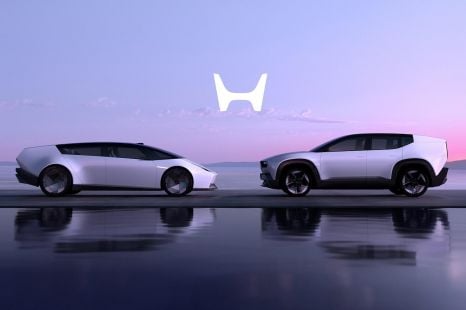

Derek Fung
Honda revises EV strategy after posting fourth straight quarterly loss
2 Hours Ago

Marketplace Editor
Toyota is standing firm on the expansion of hydrogen technologies in Australia, as it looks to make the Mirai the “new Prius” as the next trailblazer for the brand and hopes to sell FCEVs through its dealer network in the near future.
“[The] Prius, when we brought it out, was the start of the hybrid journey. So the ‘new Prius’ in the world that I’m thinking about, or that Toyota is thinking about, is probably the Mirai,” Sean Hanley, vice president for sales and marketing at Toyota Australia told CarExpert.
When asked if hydrogen is a key part of Toyota Australia’s future strategy, Mr Hanley responded with “my word it is!”
“The technology is there. The vehicle is there, one vehicle at the moment – but we started with one hybrid, remember? We’ve sold over 400,000 hybrids now and it took until the last five years of 23 years for it to be en masse.
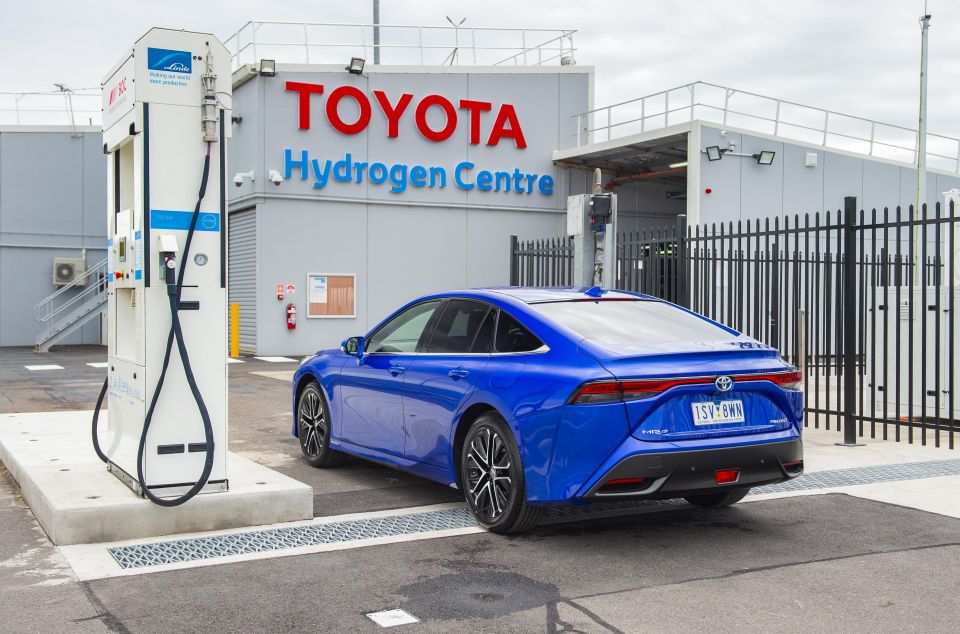
“I see hydrogen and Mirai being at the same point of start, but I don’t see [a] 20-year horizon, more like a 10-year horizon.
“We’re now considering with infrastructure expansion, the probability of bringing Mirai to mainstream market – because at the moment we actually don’t it, per se.
“We did say to our dealer network that that’s a moment in time; once we get infrastructure, and we believe there are certain areas of country – there aren’t a lot right now – for example Canberra… Melbourne might be an area, there might be parts of Sydney… where there’s infrastructure and we’ll be able to sell these vehicles.
“So our idea is that we’ll now examine, as that infrastructure expands, where we could possibly make this available for sale.
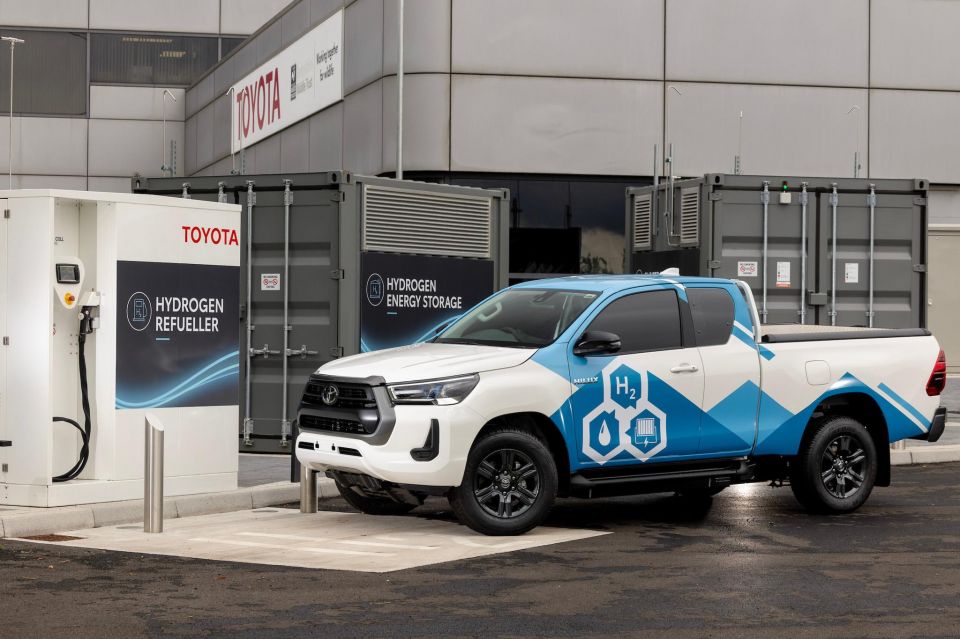
“Mirai isn’t a concept car, it’s a car driving on Melbourne roads right now. It’s registered. It’s happening. It’s only infrastructure [holding it back].
“Our idea is that eventually we’d like to get that car as a mainstream-sold car in our dealer network – I don’t think that’s far away, so that’ll be a big step for us.
“Then as infrastructure expands, we can look towards what other things we can do with with other models. I think fuel-cell electric vehicles and hydrogen definitely have a future in Australia.
“We know they do big buses around the world now, we know they do big trucks around the world now in certain markets. Why couldn’t they do a LandCruiser? Why couldn’t they do a [LandCruiser] Prado in the future? But I think it’s 2035 horizon.
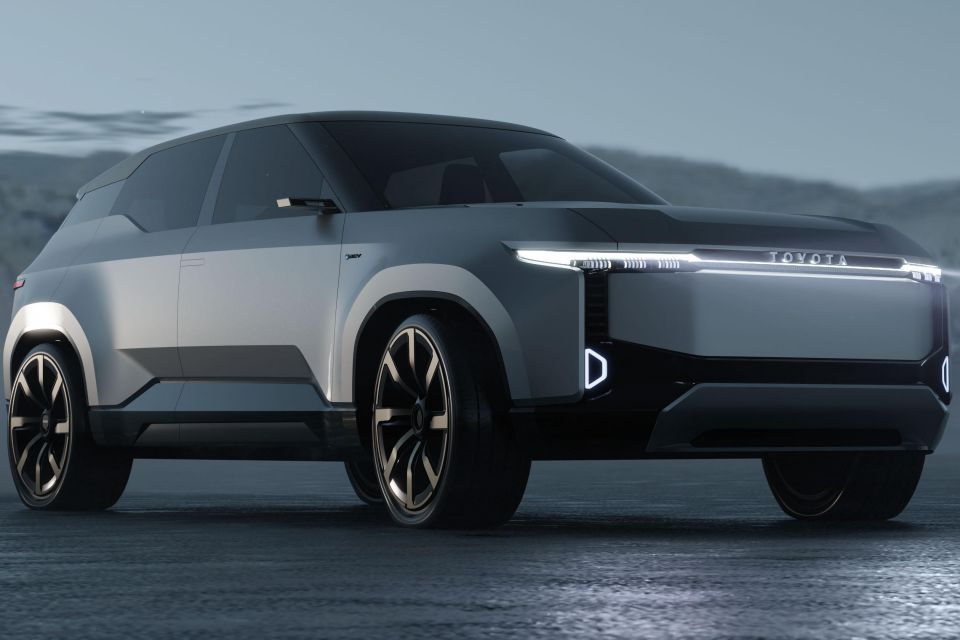
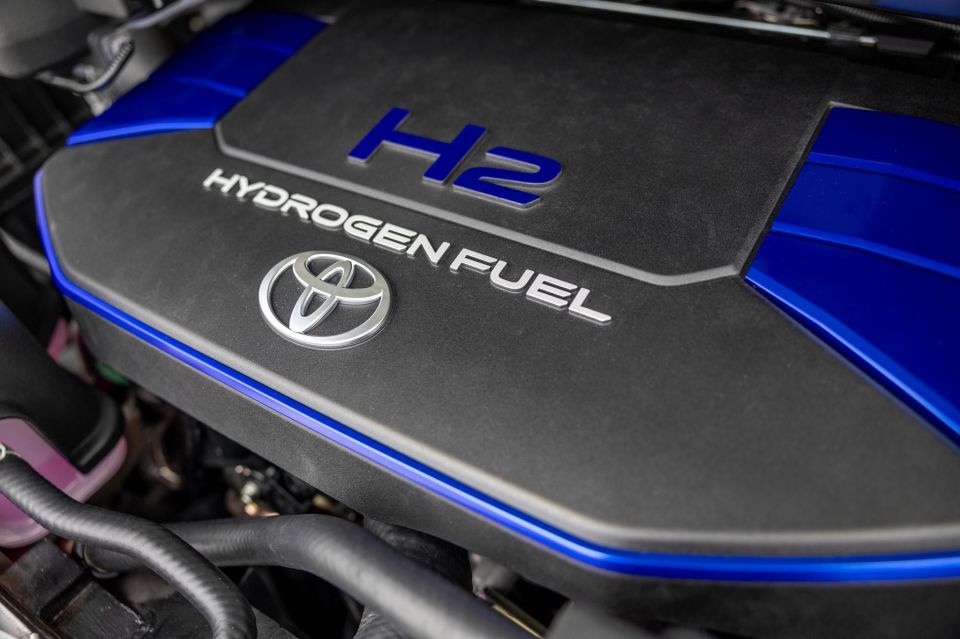
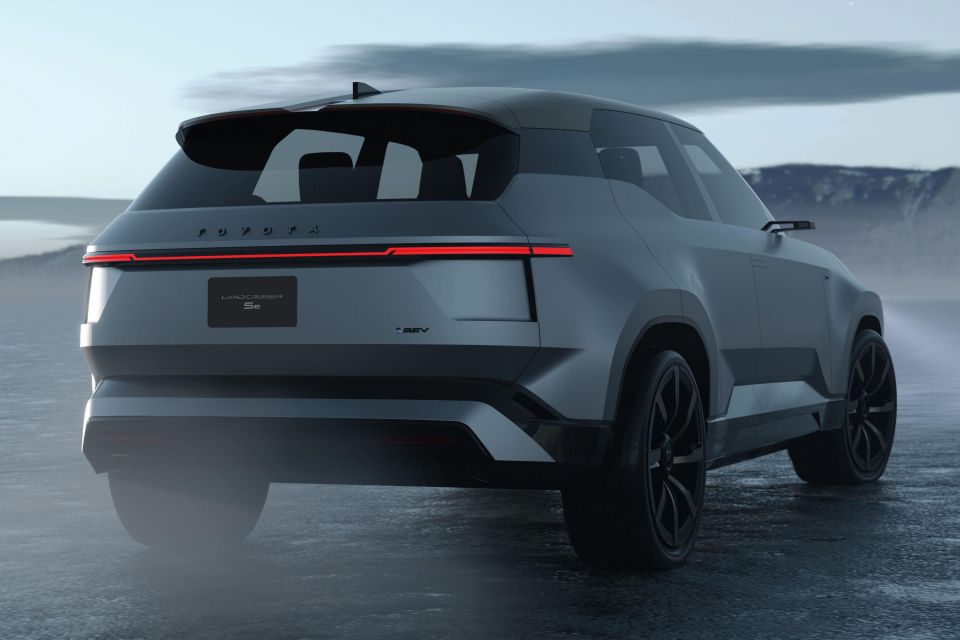
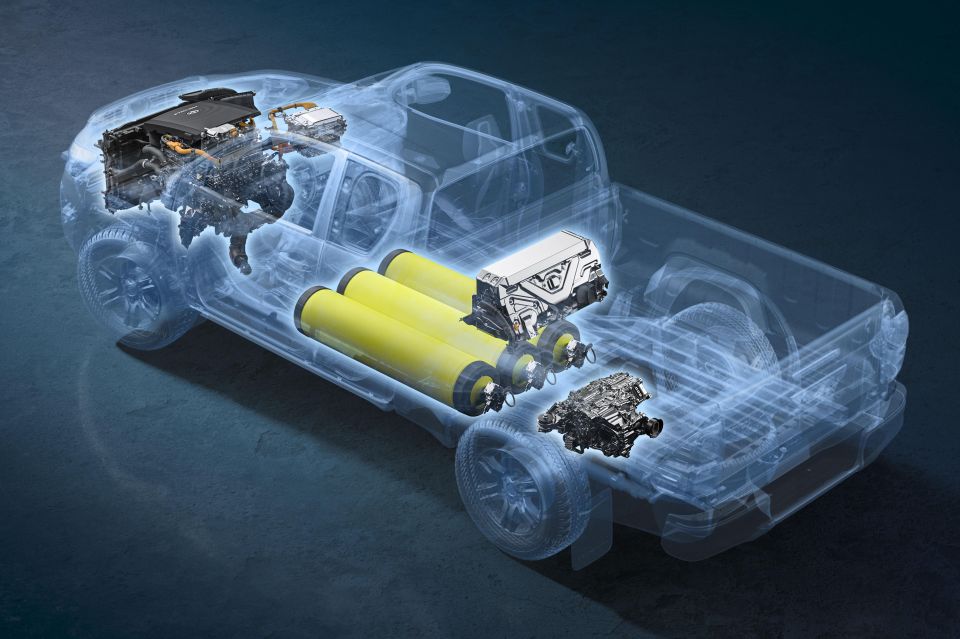
Toyota has already hinted at both electric and hydrogen futures for its heavier duty vehicles like the HiLux and LandCruiser 300 Series.
Last October the Japanese brand revealed the LandCruiser Se, a futuristic design concept that previews an all-electric LandCruiser of the future.
It appears to be more a design study more than anything with no confirmation of a production model nor a timeline – though Mr Hanley said at the time Toyota Australia “would be the first one to put our hands up”.
Perhaps more likely is a hydrogen-powered LandCruiser, given the Japanese brand recently said it’s already exploring and developing its hydrogen combustion technology – first previewed by the Hydrogen HiAce Prototype – for vehicles like the iconic off-roader.
“There are possibilities to adapt [hydrogen combustion technology] into big vehicles, including LandCruiser,” Toyota Motor Company hydrogen factory president Mitsumasa Yamagata told CarExpert in November via a translator.
“This advantage of the technology can be utilised for those vehicles including high towing and high loading. We are studying which vehicle [will] have the suitable technology.”
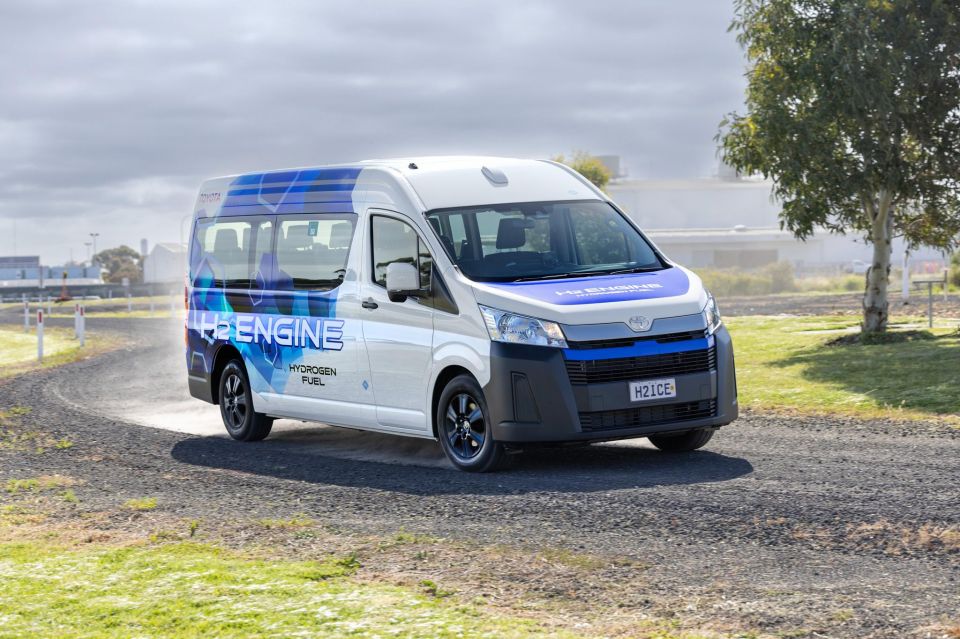
The Hydrogen HiAce prototype is powered by a modified version of the 3.4-litre twin-turbo V6 petrol offered in the LandCruiser 300 Series in other markets, as well as the Lexus LX 600 in Australia.
The hydrogen-fuelled variant of the V6 engine produces 120kW of power and 354Nm of torque – 185kW and 296Nm less than its petrol-fuelled counterpart. Drive is sent to the rear wheels through a 10-speed automatic transmission.
The internal combustion engine is fed by three hydrogen fuel tanks that similar to ones used in the current Mirai hydrogen fuel-cell electric vehicle (FCEV). The Mirai has a total hydrogen capacity of 5.6kg.
Toyota claims the Hydrogen HiAce prototype has a range of around 200km. For context, the Mirai has an NEDC claimed range of 650km.
Few other technical details are known about the Hydrogen HiAce prototype at this stage, though it does have a 1500kg towing capacity and “minimal impact” on payload and internal space.
In addition to porting this hydrogen-combustion technology to larger vehicles, Toyota claims it’s already working on increasing the size of the hydrogen storage tanks on the Hydrogen HiAce prototype, improving combustion, as well as exploring the possibility of adding hybrid technology.
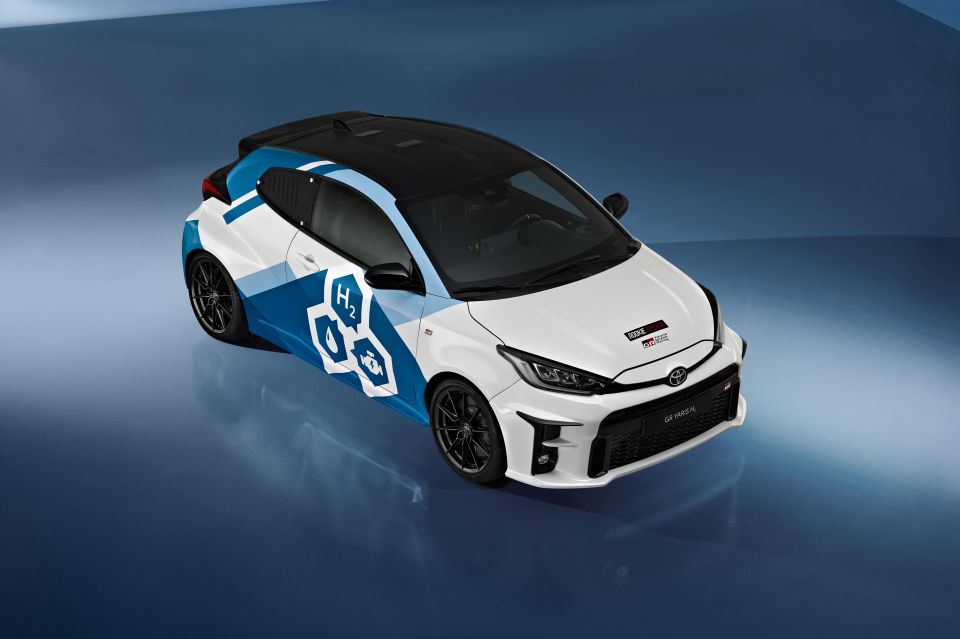
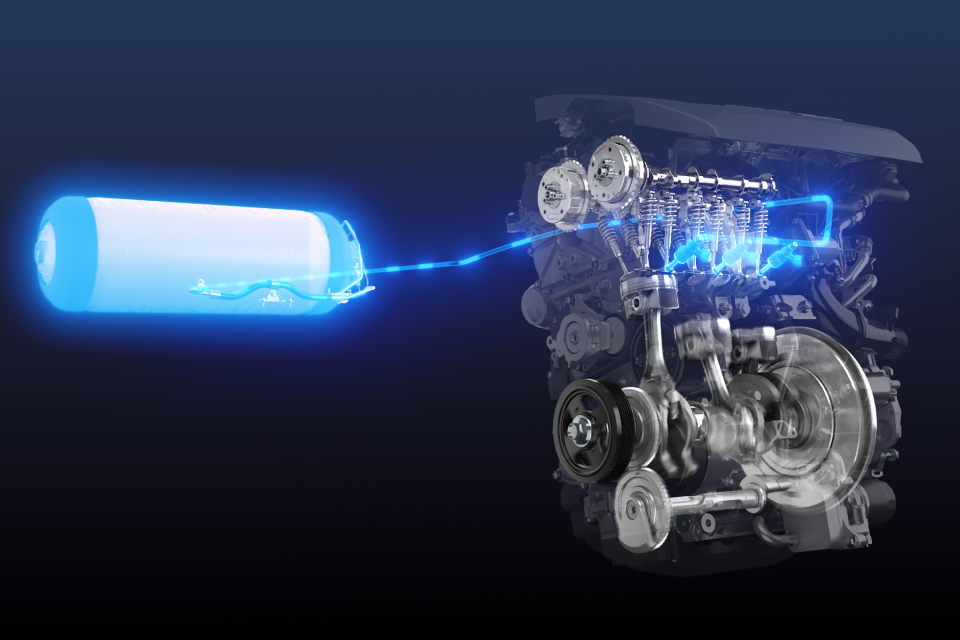
Toyota is also actively testing hydrogen-powered performance vehicles. Back in 2021 the company revealed the GR Yaris H which like the HiAce prototype has a modified fuel supply and injection system for the hydrogen fuel source in place of a fuel cell system.
Powering the hydrogen-powered GR Yaris concept is a 1.6-litre ‘G16E-GTS’ turbocharged inline-three-cylinder engine that’s very similar to the petrol-powered GR Yaris engineered to run on hydrogen, and the concept features the same hydrogen fuel tanks and refuelling process as the Mirai.
Toyota has been working on this hydrogen combustion-engine technology since 2017 but says it’s “still in the early stages of development and not yet ready for commercialisation”.
The Japanese automaker says it’ll continue developing its hydrogen-powered engine through the harsh lens of motorsport for now – such as the hydrogen-powered Corolla Sport that’s been competing in the Super Taikyu endurance racing series in Japan since May 2021 by the Rookie Racing division of Toyota Gazoo Racing.
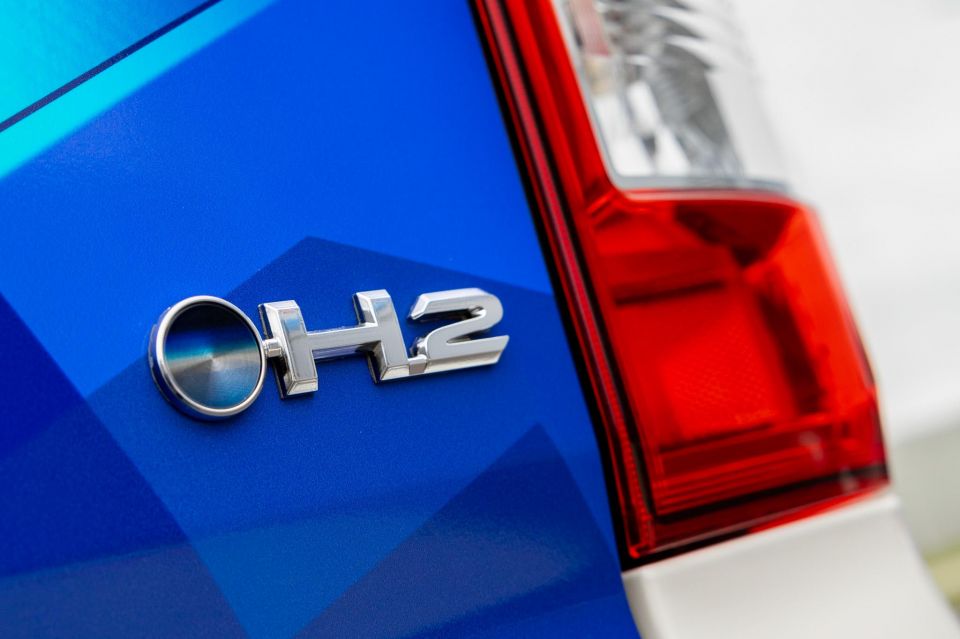
Are you open to a hydrogen future? Share your thoughts in the comments!
MORE: Everything Toyota LandCruiser | Mirai
Go deeper on the cars in our Showroom, compare your options, or see what a great deal looks like with help from our New Car Specialists.
James Wong is an automotive journalist and former PR consultant, recognised among Australia’s most prolific motoring writers.


Derek Fung
2 Hours Ago
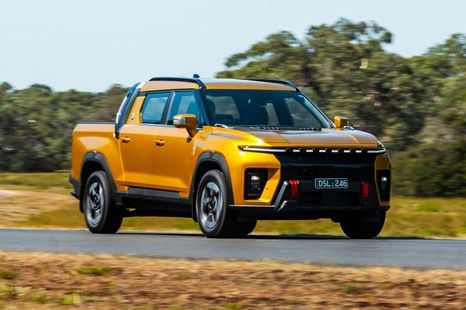

Ben Zachariah
9 Hours Ago


James Wong
9 Hours Ago
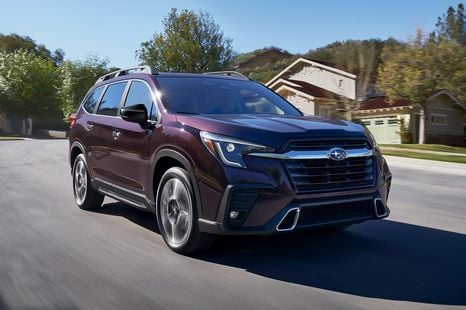

James Wong
9 Hours Ago
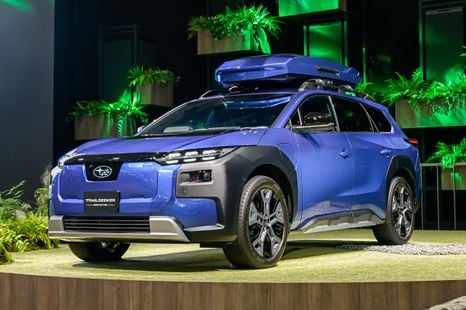

James Wong
9 Hours Ago
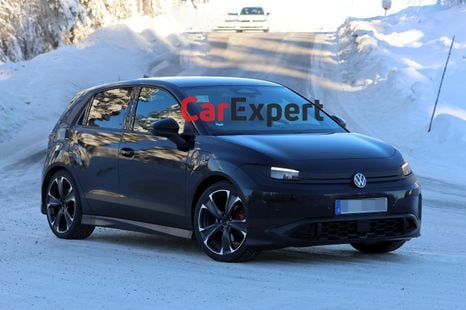

Damion Smy
15 Hours Ago
Add CarExpert as a Preferred Source on Google so your search results prioritise writing by actual experts, not AI.